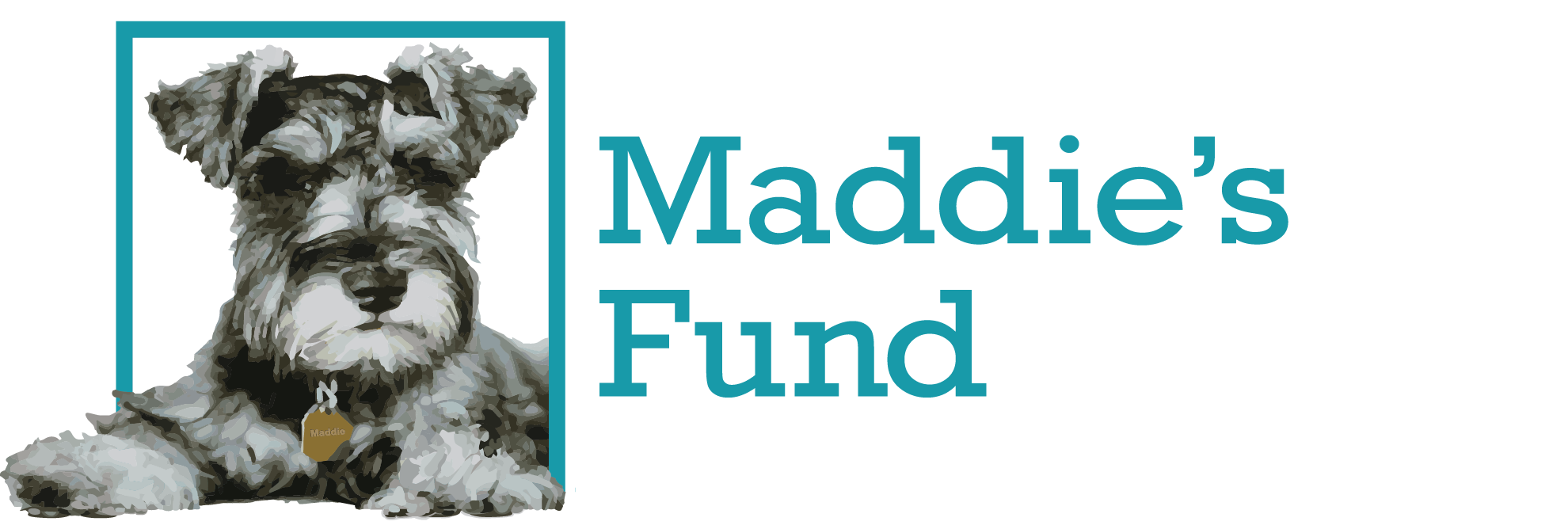
Getting animal organizations to work together is the first step toward becoming a no-kill city. Involving other community members and institutions is the second. Veterinarians, schools, civic organizations, police departments, social service agencies and merchants are just a few of the community groups that can help animal welfare organizations save more lives.
Veterinarians. When AFC first began over ten years ago, we knew that working with veterinarians would be important to us. We had heard at conferences and workshops how some animal welfare groups were at odds with veterinarians. Some reasons given were that these animal groups expected too many free services and never considered the veterinarian's needs or took the veterinarians advice. Keeping in mind the importance of veterinarian support, we asked for discounted as opposed to free spay/neuter services, and heavily promoted and advertised the veterinarians who supported us. We then asked for office exams for adopted animals with the hope that the veterinarians would get new paying clients. These were winning situations for everyone. More animals were altered and the veterinarians got new clients.
Trust was built slowly and steadily. We often asked the veterinarians for their opinions and frequently took their advice. The veterinarians wrote articles for our quarterly newsletter and taught at many of our workshops to help educate the public. We listened to what they had to say at all times.
At Christmas, we either made the doctors a special gift or bought something for them and they were always given yearly "thank you" service awards.
Since the Maddie's Fund grant began, we started visiting each veterinarian weekly. We give them a monthly status report so that they can share in the success of the project and understand the impact they're having. We also give them occasional token gifts to show our appreciation, such as boxes of cookies. If someone is even the slightest bit unhappy we strive to correct it. Veterinarians are important to the health of our animals and to the Pet Saving Connection collaboration.
Schools. Many schools in our area have yearly carnivals. Over the years we have made ourselves known and have frequently been invited to bring animals available for adoption to these school events. We never turn anyone down and always attend those we are invited to. We provide educational activities and literature when attending the carnivals. And the school district has allowed us to distribute our Maddie's Fund spay/neuter vouchers to every student in all the schools.
Merchants/Civic Organizations. The Downtown Business Association holds Farmers Markets four or five months out of the year. We started taking animals for adoption to the markets when they first began and are often invited to other downtown events. Anytime the Boys and Girls Club or any City run events are held we are invited and attend. At the start we always asked to be invited. Now it's automatic.
The President and some of the other officers of the Animal Friends Connection Board have asked to speak at the various clubs in our city, among them the local dog-training club. As a result, the dog-training club now gives a 50% discount for training to all the dogs adopted through our organization.
The B.O.B.S. booster of boys and girls sports in our city runs a food booth at our yearly fundraising pet fair with all profits going to AFC. We in turn offer to help them at one event a year. We plan on offering our services to other organizations in return for helping us.
We hold adoption festivals at area shopping centers to get our name out and to reach people that otherwise may not go to pet food stores.
Animal Control. Our relationship with animal control (called Animal Services in our city) is built on communication, trust and being there for each other. Animal Services has worked hard to change their image and AFC is trying to help them get that message out. If they are short on space, we loan them our portable cages. If they need us to take more animals, we try to do that. At the very least we have one person who makes regular weekly contact with the department and takes the staff token gifts.
As with the veterinarians, we give Animal Services monthly status reports on how the Maddie's Fund project is doing so they can share in the success of the effort. Recently we held a team-building workshop. The outcome was great-- it helped us all to understand each other better to keep our lines of communication open at all times. We are all working to save the animals and make our city no-kill.
Police. The police department, which is what Animal Services is under in our city, has always been supportive of our organization. From the beginning, AFC offered to be at all events the police department sponsors in the community such as Meet the Beats or crime prevention fairs. Sometimes we just offer coloring books to the children; other times we bring animals and other youth-related educational material. A volunteer police auxiliary group helps us with security at some of our events and the police department K-9 team puts on demos for us. We have made ourselves such a part of the city of Lodi that the city council honors us at a yearly ceremony for dedication to our community.
Social Services. On a number of occasions, we have helped the department of aging and mental health with animal situations. They in turn have held several fundraisers and adoption events for us in their building.
Lodi certainly proves that when the community pulls together, great things can happen for the animals.
Patricia Sherman is the Executive Director of Animal Friends Connection (AFC) in Lodi, California. AFC received a Maddie's Fund grant in October 2000 to end the killing of healthy, adoptable shelter animals in Lodi within five years.